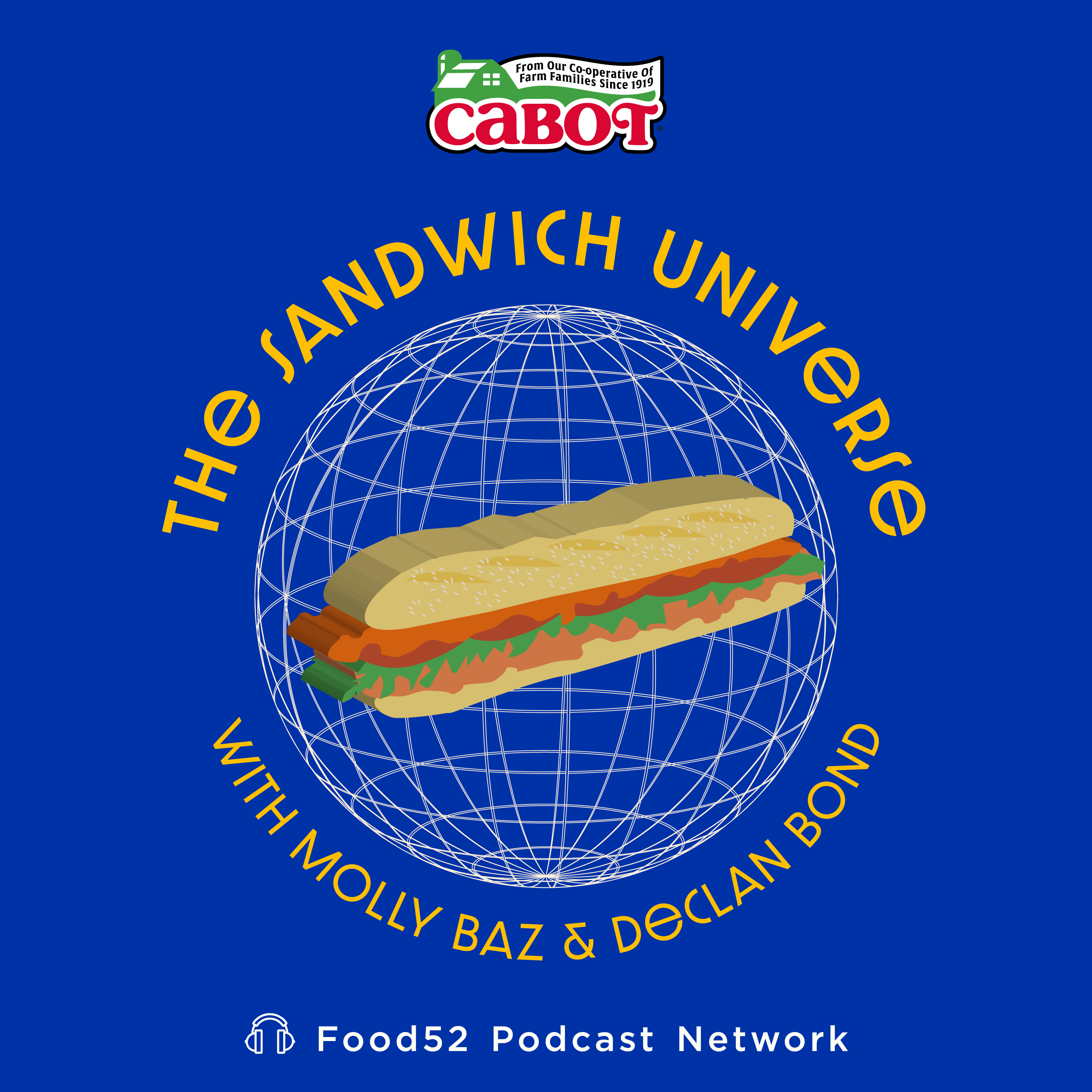It's been quite something to see naan, that leavened and tandoor-baked flatbread, steadily become more popular over the past few years. Naan is a staple of so many cuisines in the global South, like my own family's in India. As I've come of age in this country, I've watched naan travel from Subzi Mandis to Costco with mild fascination. That said, I've yet to see this word stylized as anything but "naan" on its packaging.
So imagine my surprise when I came across this news from the AP Stylebook, that gatekeeper of linguistic order, last Thursday, which alerted the public to a change it had made internally. They will now refer to "nan" as "naan.” Shocking. The former—previously the dominant—spelling has now been relegated to a “less common variant” of the word naan.
Huh! Who knew? Nan—it is a word more commonly known as a term of endearment for a grandmother, or the name of a river in Thailand. "Sounds like a grandma-stuffed naan," my friend Nik Sharma exclaimed in response to the AP’s tweet.
Indeed, Nik. It'd be terribly, awfully confusing to fool people into thinking you’re ingesting your dear grandmother when you're really talking about bread. I’ve never seen this word spelled as anything but naan in food writing or in grocery stores. Maybe I don’t get out much, or have had selective amnesia over seeing it spelled any other way.
I've got to wonder if this is simply a vestige of it once being called nān with a macron over the a, indicating an elongated vowel. The word naan is borrowed from Urdu and Farsi, and most etymological histories trace its appearance in the English language back to a 1780 travelogue from British historian William Tooke; the first place the word was spelled “naan” was in the pages of the Oxford English Dictionary in 1979.
It's taken nearly four decades for "naan" to become the standardized spelling! I don’t know how the word "nan" passed muster for so long, or what checks and balances the folks at AP have that allowed this to remain unchanged for what feels like an eternity. It's an oversight that allowed The New York Times to use "nan" as a crossword clue as recently as May of this year, much to the chagrin of crossword-doers.
I can only take comfort in the fact that the AP has made this shift. It's about time. I hope we can take this as an opportunity to declare a moratorium on anyone calling naan "naan bread," a tautology as fatiguing as "ATM machine." But that's for another day.
Have you seen naan spelled nan? Any other spellings of food words truly baffle you? Please let me know in the comments.





See what other Food52 readers are saying.